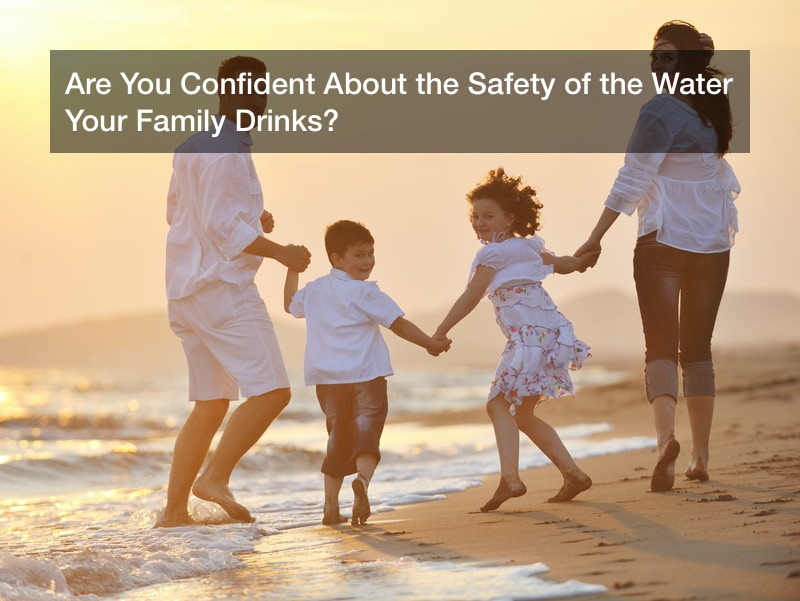
Recently, your neighborhood sewer improvement district board decided to strike a deal with a private sporting company for the care and the upkeep of the baseball fields. You really feel that while there may have been some good intentions, the results will not be positive. This particular private company is notorious for shutting down access to fields after acquiring them. You fear that there is little that can be done at this point, but another resident in in the neighborhood said that change in field maintenance will be a big talking point next time the the governing board meets. Many of the folks who you have talked to have indicated that they, too, think this is a decision that should have been disclosed and if anything else should have been up for discussion, bid, or both before any decisions were made.
From groundwater contamination to the focus to get clean water in the park water fountains, there are many times conversations about what is environmental remediation are important. Knowing who to work with to solve problems and, sometimes, even where to look to discover the problems, are the two biggest keys to understanding what is environmental remediation.
Ground Water Contamination Remains a Significant Problem in Many Parts of the Country
When you realize that ground water accounts for more than 95% of the nation’s available fresh water resources, and is the drinking water source for 50% the people in this country, it is important to know that there are ways that communities can improve a declining situation. Understanding, for instance, what is environmental remediation is essential if a community wants to maintain safe water for all of its residents. From proper clean up of many kinds of spills to making sure that disposal of dangerous chemicals is closely monitored, city planners who understand what is environmental remediation are a step ahead of a process that is not a game.
Consider some of these facts and figures about the groundwater environmental services that are available, as well as the many reasons that communities need to focus on the even bigger picture of environmental remediation:
- More than 80% of the most serious hazardous waste sites in the U.S. have adversely impacted the quality of nearby ground water sources.
- There are currently three basic technologies for removing PFOS/PFOA from water, granulated activated carbon, non-regenerating synthetic resins, and regenerating synthetic resins.
- Nearly 70% of the industrial waste is dumped into the water bodies where they pollute the water supplies that would other wise be usable.
- Primary and secondary waste treatments remove as much as 85% to 95% of pollutants from the wastewater before the treated wastewater is disinfected and discharged into local waterways.
- Approximately 16,000 chemical spills occur from trucks, trains, and storage tanks each year. These spills often occur when materials are being transferred.
- Only 3% of the Earth’s water is fresh water, and only 1% of this water is drinkable, so it is important to make sure that the individuals and entire communities do everything in their power to make sure that they are protecting this valuable resource.
Finding the best way to protect water and the environment, however, is a major concern for many parts of the country. And in a time when there are many who are worried that the current administration is not making environmental issues a priority, there are more people fearing that they will find themselves in some difficult situations. The environment is a resource that no one should take for granted, but it is often the case when it comes to the way that we are living our lives today. From the way that we dispose of the daily garbage we create to the ways that we lobby the government entities that control the laws, it is important to know that individually we are doing everything we can to protect this planet. And when problems do occur, it is important to research the options that are available to remedy any given situation. Finding the answer to many of the most pressing environmental questions is more important than simply paying attention to the latest sewer improvement district decisions for the neighborhood.
